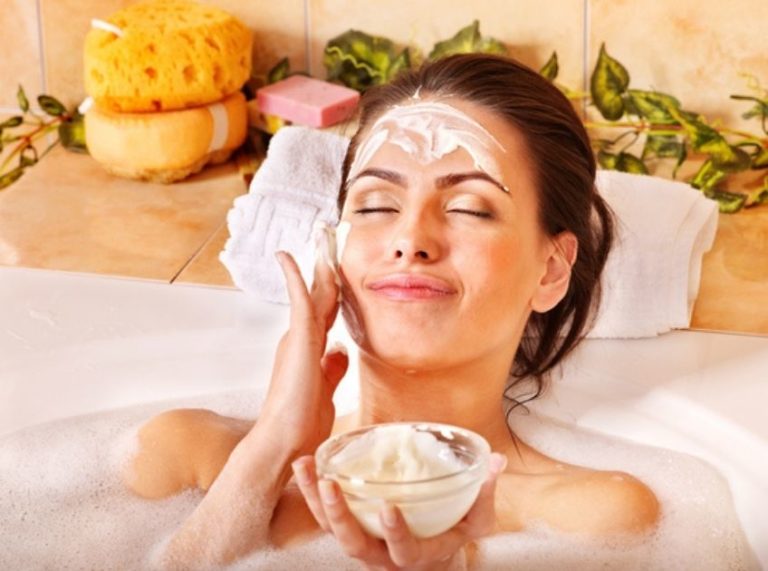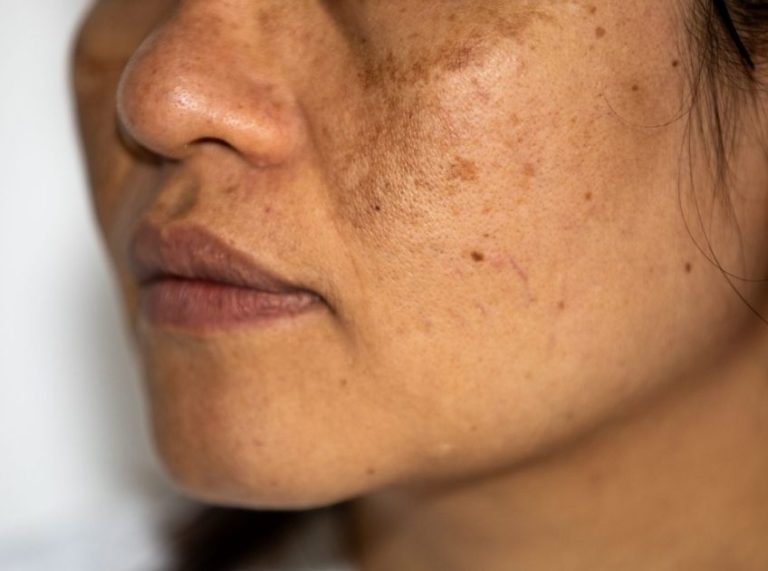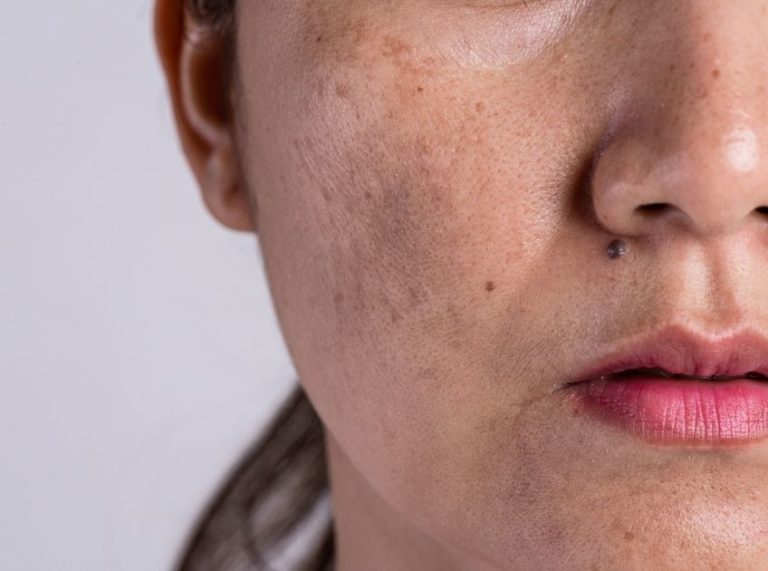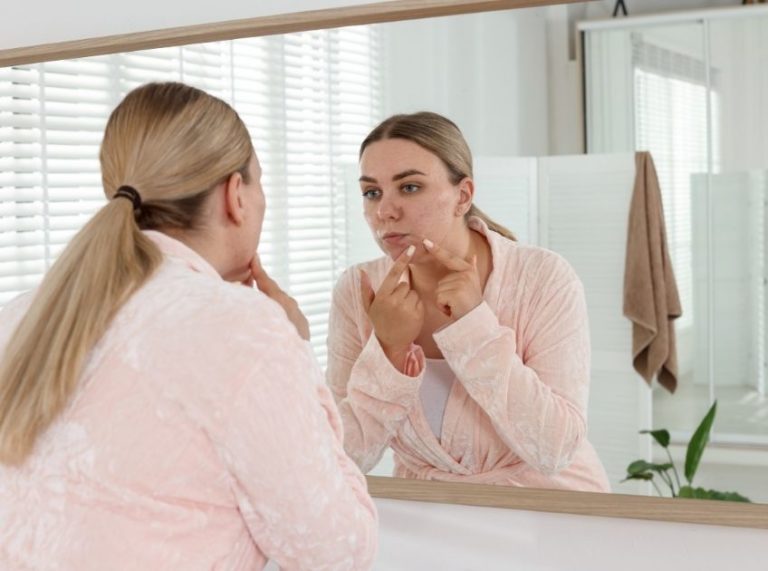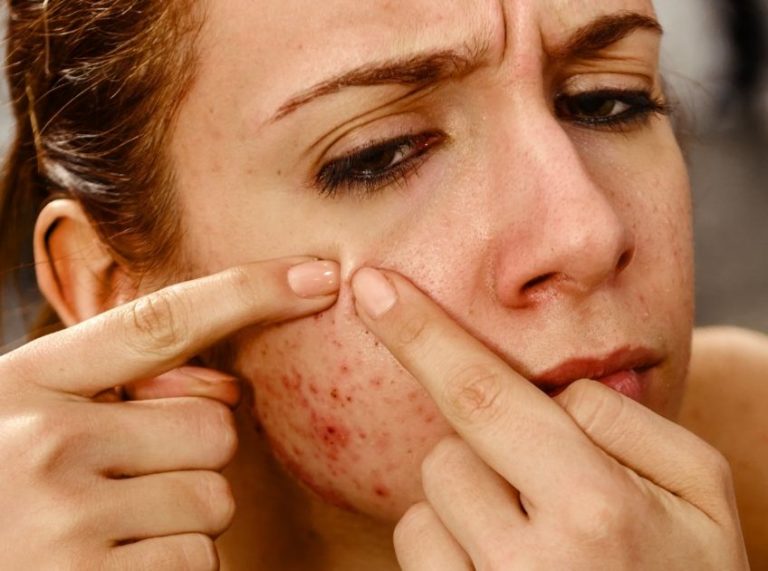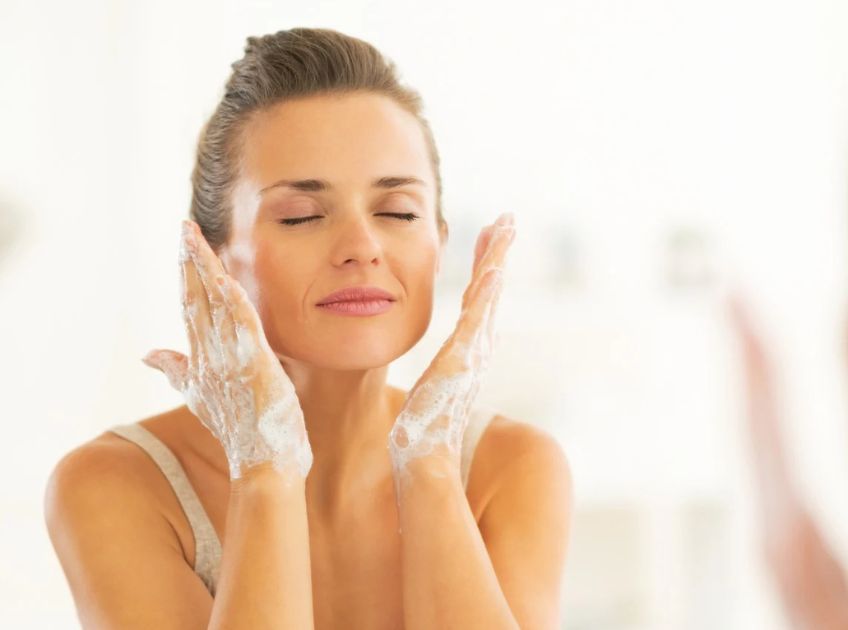
Important: This article is for informational purposes only. Please read our full disclaimer for more details.
Your skin is your body’s first line of defense—and it deserves gentle care. Many commercial face washes contain sulfates, synthetic fragrances, or alcohol, which can strip away natural oils and disrupt your skin’s balance. Whether your skin is oily, dry, combination, or sensitive, homemade face washes allow you to control what goes on your skin, using safe and effective ingredients. Plus, they’re budget-friendly and customizable!
3 DIY Face Wash Recipes for Every Skin Type
1. Gentle Oat & Honey Face Wash (Best for Dry & Sensitive Skin)
Ingredients
- 2 tablespoons ground oatmeal
- 1 tablespoon raw honey
- 2 tablespoons warm water
How to Make & Use
- Mix the ground oatmeal with honey and warm water until it forms a smooth paste.
- Massage onto damp skin in gentle circular motions.
- Rinse with lukewarm water and pat dry.
Why It Works
- Oatmeal is rich in beta-glucans and saponins that cleanse without irritation and soothe inflammation.
- Honey is a natural humectant that locks in moisture while providing antibacterial benefits.
Pro Tips & Variations
- Add 1 teaspoon of yogurt for an extra dose of lactic acid exfoliation.
- Use finely powdered oats to avoid harshness on sensitive skin.
2. Aloe Vera & Green Tea Face Wash (Best for Oily & Acne-Prone Skin)
Ingredients
- 2 tablespoons aloe vera gel
- 2 tablespoons cooled green tea
- 3 drops tea tree essential oil (optional)
How to Make & Use
- Blend aloe vera gel with green tea until smooth.
- Add tea tree oil if desired and mix well.
- Apply a thin layer onto your face, massage gently, and rinse after 1–2 minutes.
Why It Works
- Aloe vera hydrates lightly and reduces redness.
- Green tea contains catechins, which regulate oil production and fight free radicals.
- Tea tree oil has antibacterial properties proven effective against acne-causing bacteria.
Pro Tips & Variations
- Store in the fridge for a refreshing morning wash.
- Swap tea tree with lavender essential oil if your skin is sensitive.
3. Gram Flour & Turmeric Face Wash (Best for Combination & Dull Skin)
Ingredients
- 2 tablespoons gram flour (besan)
- ½ teaspoon turmeric powder
- 1–2 tablespoons rose water (or plain water)
How to Make & Use
- Mix gram flour and turmeric with rose water to form a smooth paste.
- Apply evenly to damp skin and gently scrub for 2 minutes.
- Rinse off with cool water.
Why It Works
- Gram flour deeply cleanses, absorbs excess oil, and removes impurities.
- Turmeric has anti-inflammatory and brightening properties.
- Rose water refreshes the skin and helps maintain pH balance.
Pro Tips & Variations
- Add ½ teaspoon of yogurt for extra glow.
- Use 2–3 times a week as a cleanser and mild exfoliant.
The Science Behind These Natural Ingredients
- Studies show that aloe vera reduces skin irritation and improves wound healing due to its polysaccharides (1)(2).
- Green tea polyphenols are well-documented for controlling sebum production and reducing acne severity (3).
- Turmeric’s curcumin is backed by research for its anti-inflammatory and antioxidant benefits, making it a powerful addition to skincare (4). Even oatmeal has FDA approval as a skin protectant, highlighting its credibility (5).
Frequently Asked Questions (FAQ’S)
Q1. Can I use homemade face wash daily?
A. Yes, but choose the recipe suited to your skin type. For example, the gram flour cleanser can be slightly drying, so limit it to 2–3 times a week.
Q2. How long can I store these DIY washes?
A. Most recipes (like aloe & green tea) can be stored in the fridge for 3–5 days. Oat & honey mixtures are best made fresh to prevent spoilage.
Q3. Will homemade washes remove makeup?
A. They can remove light makeup, but for heavy or waterproof products, use a gentle oil cleanser first, then follow with your DIY wash.
Final Thoughts
Homemade face washes aren’t just trendy—they’re effective, customizable, and kind to your skin. By choosing natural ingredients suited to your skin type, you can cleanse without harsh chemicals while nourishing your skin barrier. The key is consistency: with regular use, you’ll notice clearer, healthier, and more balanced skin.
